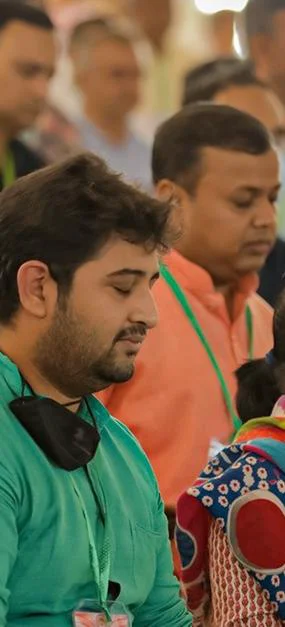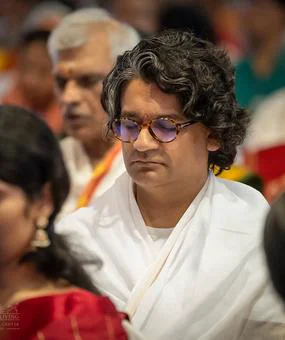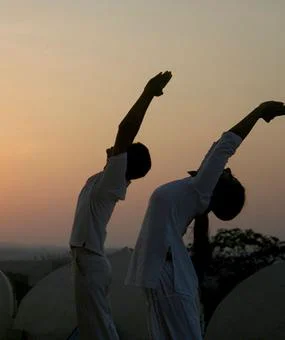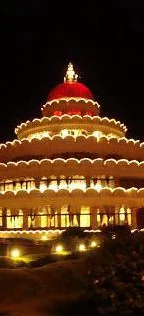Fasting provides a much-needed rest for your internal organs, such as the liver and pancreas, which often work overtime. This period of rest helps repair the wear and tear in your body and promotes overall health. It’s important to occasionally stretch your comfort zone. You can’t remain in your comfort zone all the time; at some point during the year, pushing beyond it helps you discover abilities you might not have realized you had. Your body is not rigid but elastic and adaptable. This adaptability is often overlooked, and practices like fasting remind us that the mind can be more powerful than the body.
Understanding True Fasting
However, there is often confusion about what fasting truly means. During Navratri, for example, some people might eat boiled and fried potatoes, a couple of bananas per meal, a bowl of nuts, and some sweets, while still claiming to be fasting. This approach, where fasting is followed by heavy feasting and food storage for the next day, makes the fast ineffective.
It’s also a common misconception that fasting is performed to please divine beings or fulfill a ritual. The true purpose of fasting is not to please gods, angels, or deities, rather fasting is meant to cleanse and detoxify our bodies
What to Eat During Fasting
On fasting days, consuming fruits, vegetables, and water is recommended to support your body’s natural detoxification processes. Drinks like lemon and honey water can further aid in purification, promoting a body free of toxins and resulting in a clearer, more focused mind. Fasting, often coupled with prayer, holds a significant place in many religious traditions, reflecting its profound importance in spiritual and physical well-being. However, if you have specific health conditions, such as diabetes, it’s crucial to be mindful and avoid straining your body during these practices.
Fasting Based on Your Body Type
If you’re predominantly high on pitta, it may be wise to avoid fasting altogether to maintain your digestive balance. Instead, consider opting for refreshing and hydrating fruit juices, which can provide nourishment without overstressing your system, as opposed to cereals and solid foods. For individuals with Kapha and Vata doshas, fasting is generally acceptable and can be a beneficial practice to rejuvenate and detoxify. Specifically, those with Kapha dosha may find fasting on water, lemon water, or coconut water particularly effective in harmonizing their dosha and supporting overall well-being.

Enhance your Navratri Experience
During fasting, obsessing over food can intensify your hunger. The experience of fasting becomes much smoother and more natural when your mind is absorbed in spiritual activities. Immersing yourself in meaningful practices, such as spiritual rituals or meditation, can help shift your focus away from food. By maintaining a connection with the divine and engaging in these uplifting pursuits, fasting transforms from a challenging ordeal into a more harmonious and effortless experience.
This Navratri, you can enhance your fasting experience by joining the 9-Day Navratri Meditation led by Gurudev.
It’s also important to pay attention to the way you break your fast. After a period of fasting, starting with heavy foods like fritters, chips, burgers, or bread can overwhelm your sensitive digestive system. Given that fasting for three to five days leaves your body particularly delicate, it’s essential to gradually reintroduce foods. This careful approach ensures that your digestive system adjusts smoothly and supports overall health and well-being.
Also always fast under proper guidance and heed your body’s unique needs. Consulting an Ayurvedic doctor can provide personalized recommendations on the best way to fast based on your body type. By listening to your body and following expert advice, you can optimize your fasting practice, enhance your overall health, and ensure a more effective and balanced experience.
















